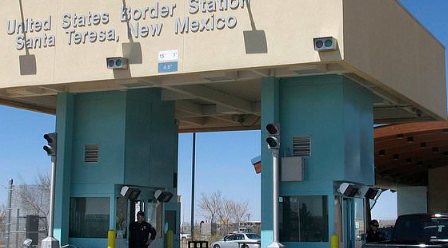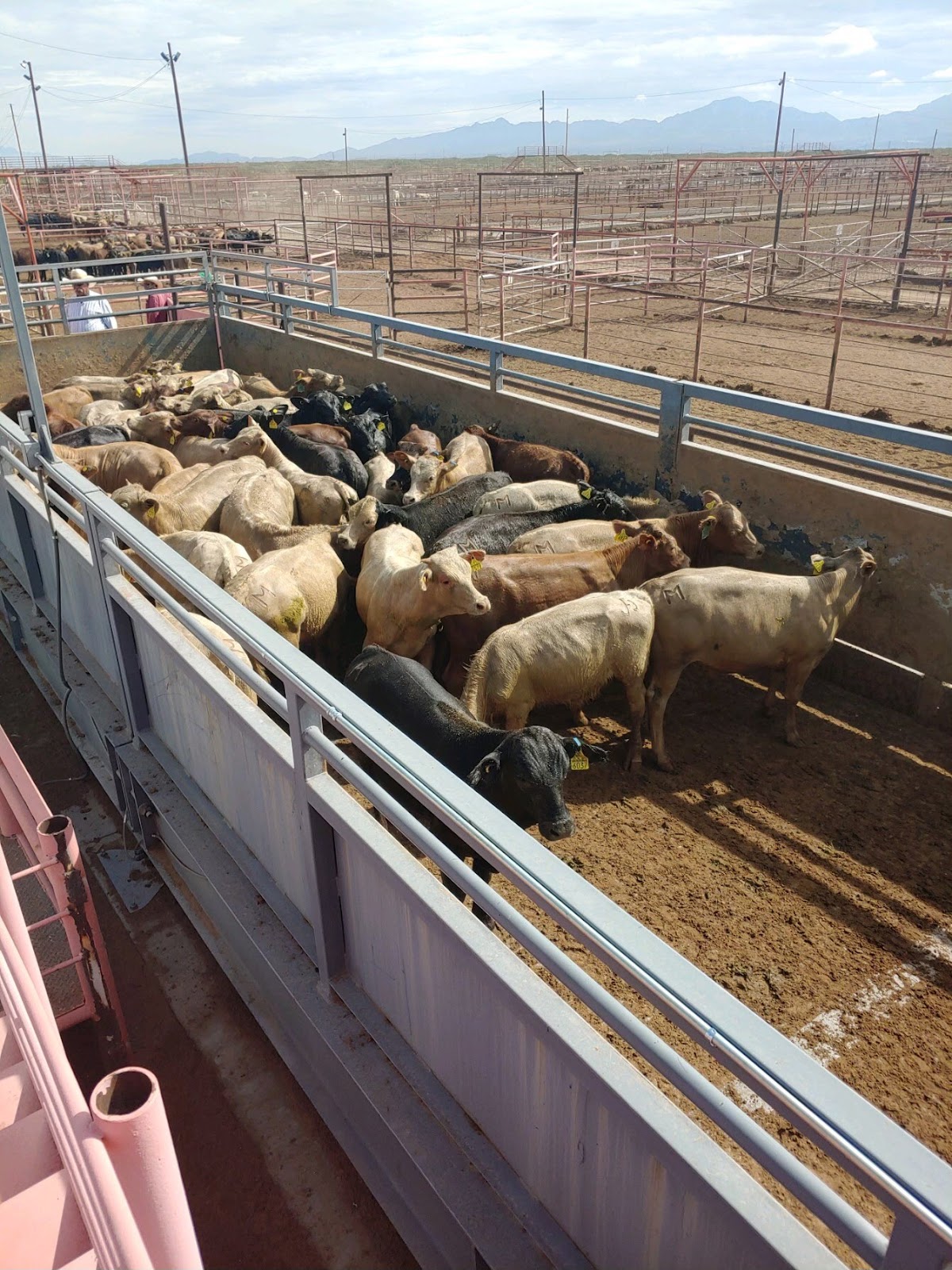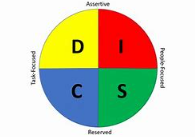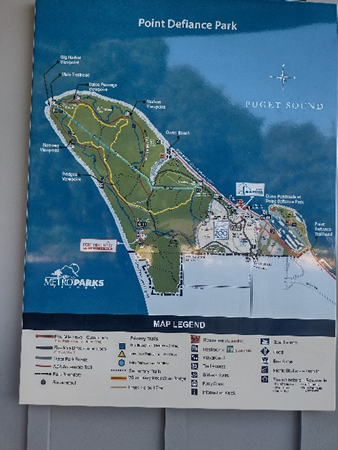Seminar 8
Meeting
with Kendal Chavez, Food & Hunger Coordinator, Office of Governor Michelle
Lujan Grisham
by
Roxanne Chepsongol
Class
15’s seminar 8 sent them to explore business and community culture of Northwest
New Mexico through interaction with key agricultural enterprises. The journey
began with a stop in Albuquerque to discuss
innovative input for the state’s direction on agriculture policy with
Kendal Chavez, Food & Hunger Coordinator, Office of Governor Michelle Lujan
Grisham.
Class
15’s seminar 8 sent them to explore business and community culture of Northwest
New Mexico through interaction with key agricultural enterprises. The journey
began with a stop in Albuquerque to discuss
innovative input for the state’s direction on agriculture policy with
Kendal Chavez, Food & Hunger Coordinator, Office of Governor Michelle Lujan
Grisham.
Ms. Chavez described the governor’s
current policies in place for food and hunger initiatives as well as the last
legislative session’s victories to the cause of wholesome food availability in
the state. Topics discussed with class 15 were the impacts of food insecurity,
intersectional food system challenges, food safety, food, farm and hunger
goals, and critical interactions with local farms for school lunches.
Currently New Mexico is 2nd
in the nation for child food insecurity. The governor’s office is partnering
with agencies for a 5-year plan to manage and implement local food to tribes,
pandemic EBT, senior meals and free school lunches in order to address food
insecurity. Class 15 spoke Ms. Chavez about how agricultural can assist with
governors’ goals and explained challenges they see with current structures in
the state. Agricultural products that many of the programs are seeking are smaller
farmers which have limited capacity of supply and biosecurity challenges for
local needs. It was the desire of class 15 to explore how the all famers big
and small can add nutritious food to local communities instead of export. Since
agriculture crops are not price setter’s revenue will need to be added to keep
the food in the state. Class 15 spoke about the current programs in place with
the New Mexico Department of Agriculture, communities and tribes like double up
food bucks and local farmers market opportunities. Class 15 valued that the
state desires for local food and markets but emphasized the need for more new
farmers joining the force to produce what the state needs.
Class 15 appreciated Ms. Chavez insight from
the governor’s office about this critical topic of and food and hunger
initiatives.
Ms. Chavez described the governor’s
current policies in place for food and hunger initiatives as well as the last
legislative session’s victories to the cause of wholesome food availability in
the state. Topics discussed with class 15 were the impacts of food insecurity,
intersectional food system challenges, food safety, food, farm and hunger
goals, and critical interactions with local farms for school lunches.
Currently New Mexico is 2nd
in the nation for child food insecurity. The governor’s office is partnering
with agencies for a 5-year plan to manage and implement local food to tribes,
pandemic EBT, senior meals and free school lunches in order to address food
insecurity. Class 15 spoke Ms. Chavez about how agricultural can assist with
governors’ goals and explained challenges they see with current structures in
the state. Agricultural products that many of the programs are seeking are smaller
farmers which have limited capacity of supply and biosecurity challenges for
local needs. It was the desire of class 15 to explore how the all famers big
and small can add nutritious food to local communities instead of export. Since
agriculture crops are not price setter’s revenue will need to be added to keep
the food in the state. Class 15 spoke about the current programs in place with
the New Mexico Department of Agriculture, communities and tribes like double up
food bucks and local farmers market opportunities. Class 15 valued that the
state desires for local food and markets but emphasized the need for more new
farmers joining the force to produce what the state needs.
Class 15 appreciated Ms. Chavez insight from
the governor’s office about this critical topic of and food and hunger
initiatives.
Other stops on seminar 8 were:
NAPI, San Juan Soil and Water Conversation District, Growing Forward Farm, PESCO and New Mexico State University Ag Science Center...
highlighted in photos below.


































